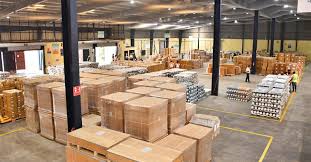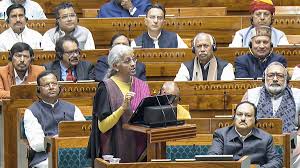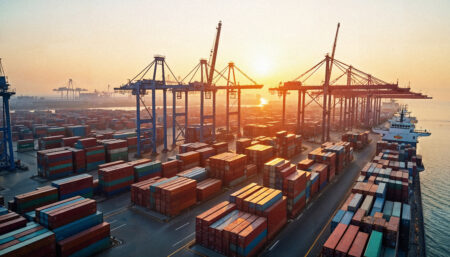Nitin Dixit, Supply Chain Lead, Project and Asset Logistics, Asia Pacific, Shell, provides insights on India’s $270 billion logistics sector, emphasising skill enhancement in digital literacy, technology, and multimodal transport to boost efficiency and elevate India’s global logistics ranking by 2027.

Improving India’s logistics performance is about investing in people
India’s logistics sector is undergoing a transformative phase driven by rapid economic growth, global trade integration, and a booming e-commerce market. Valued at over $270 billion in 2022, the industry is predicted to reach $450 billion by 2027. Despite this growth, the sector lags in global rankings due to infrastructural bottlenecks, procedural inefficiencies, and a shortage of skilled manpower.
Performance Index
The Logistics Performance Index (LPI), introduced by the World Bank, helps countries identify challenges and opportunities in trade logistics. As of 2023, India ranks 38th among 139 countries. Government initiatives like PM GatiShakti and the National Logistics Policy aim to boost efficiency and reduce logistics costs. However, the true transformation lies in enhancing the skills and capabilities of the front-line workforce.
Employing approximately 22 million people, the logistics sector is expected to add 10 million jobs by 2027. Despite this, logistics is often perceived as an unattractive career option due to its poor image, harsh conditions, low pay, and lack of career paths. This perception must change in order to attract talent.
Industry Evolution
The logistics industry has evolved from transportation and storage to a specialised function encompassing end-to-end planning, physical movement, packaging, inventory management, and control tower analytics.
Digital literacy and data analytics are crucial as processes become increasingly digitised. Professionals with strong data analytics skills and the ability to implement advanced visibility tools will have a competitive edge.
Technological proficiency is essential as innovative technologies like AI, ML, IoT, blockchain, and robotics revolutionise logistics processes. Professionals must adeptly use and maintain these technologies.
Warehouse and transport capacity optimisation are vital for maintaining lean operations. Skills in warehouse layout optimisation, efficient storage systems, and effective fleet management are essential.
Compliance and risk management
Navigating international trade regulations, customs procedures, and risk management is critical. Skills in compliance, risk assessment, contingency planning, and crisis management are necessary.
Sustainability
Sustainability and green logistics are becoming increasingly important. Professionals must develop and execute green logistics strategies to align with environmental goals while maintaining efficiency.
Leadership and soft skills, including communication, teamwork, and problem-solving, are crucial for effective logistics management. Skills for leading diverse teams and managing customer relationships are essential.
Future Focus
Improving India’s logistics performance is about investing in people. By prioritising skills and capability enhancement, India can build a robust logistics workforce, driving efficiency, innovation, and growth. A holistic approach to skill development will significantly improve India’s logistics performance, foster economic growth, and enhance global trade competitiveness. The future of India’s logistics sector depends on the investments made in people today.











